Stay updated and subscribe to our newsletters
subscribe
Hana Elshehaby
Research Assistant
Bio
Hana Elshehaby is a research assistant for the Middle East Council on Global Affairs’ Foreign Policy Program. She received a Bachelor of Science in Foreign Service with a specialization in International Politics from Georgetown University’s School of Foreign Service in Qatar. She also holds a certificate in Media and Politics through a joint program between Northwestern University and Georgetown University in Qatar where she produced a digital project titled “Independent Filmmaking in Post-Revolution Egypt.” Her research interests include foreign policy, civil society, and media in the MENA region.
Articles
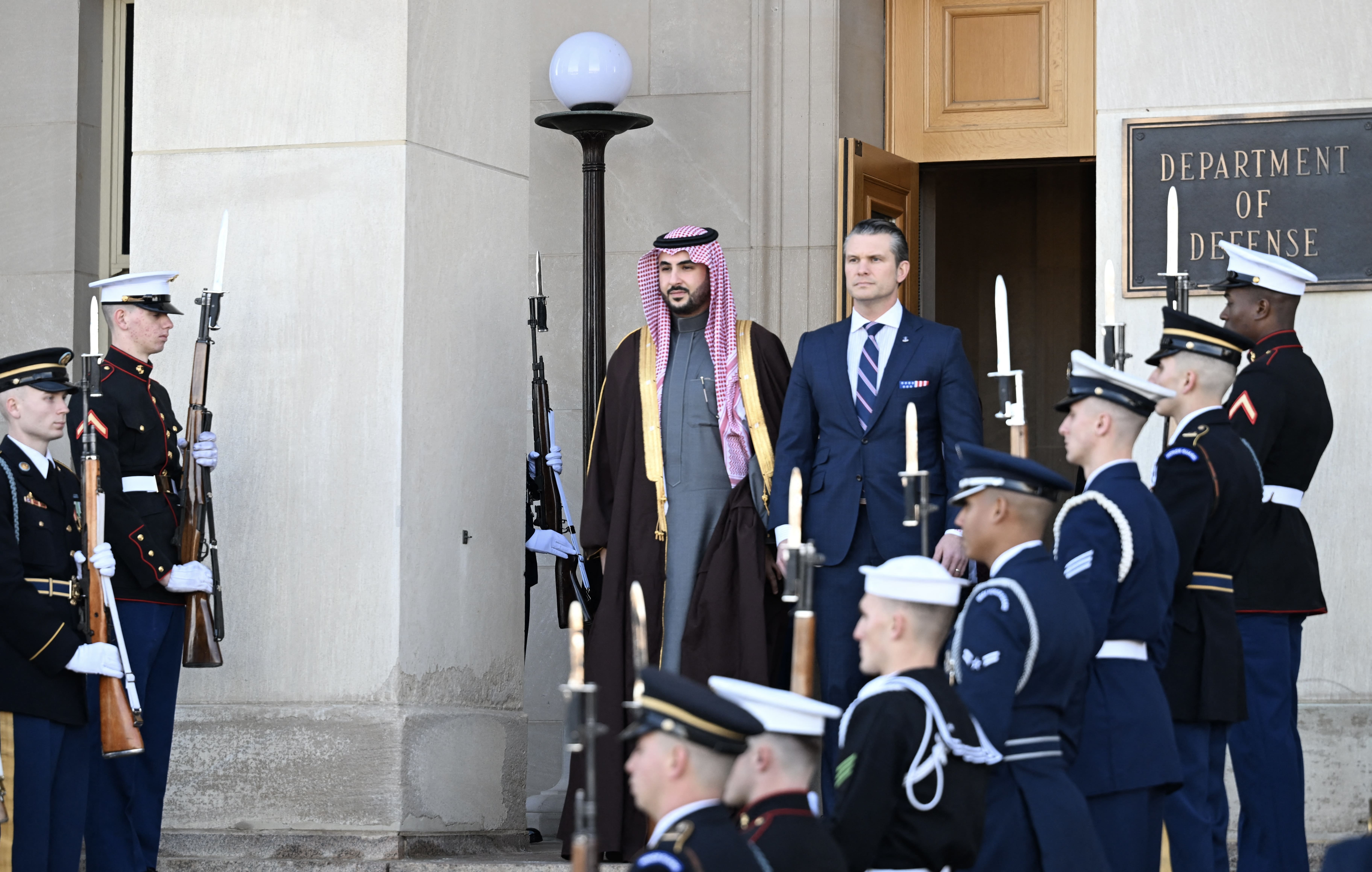
Hana Elshehaby

Hana Elshehaby, Aylin Salahifar
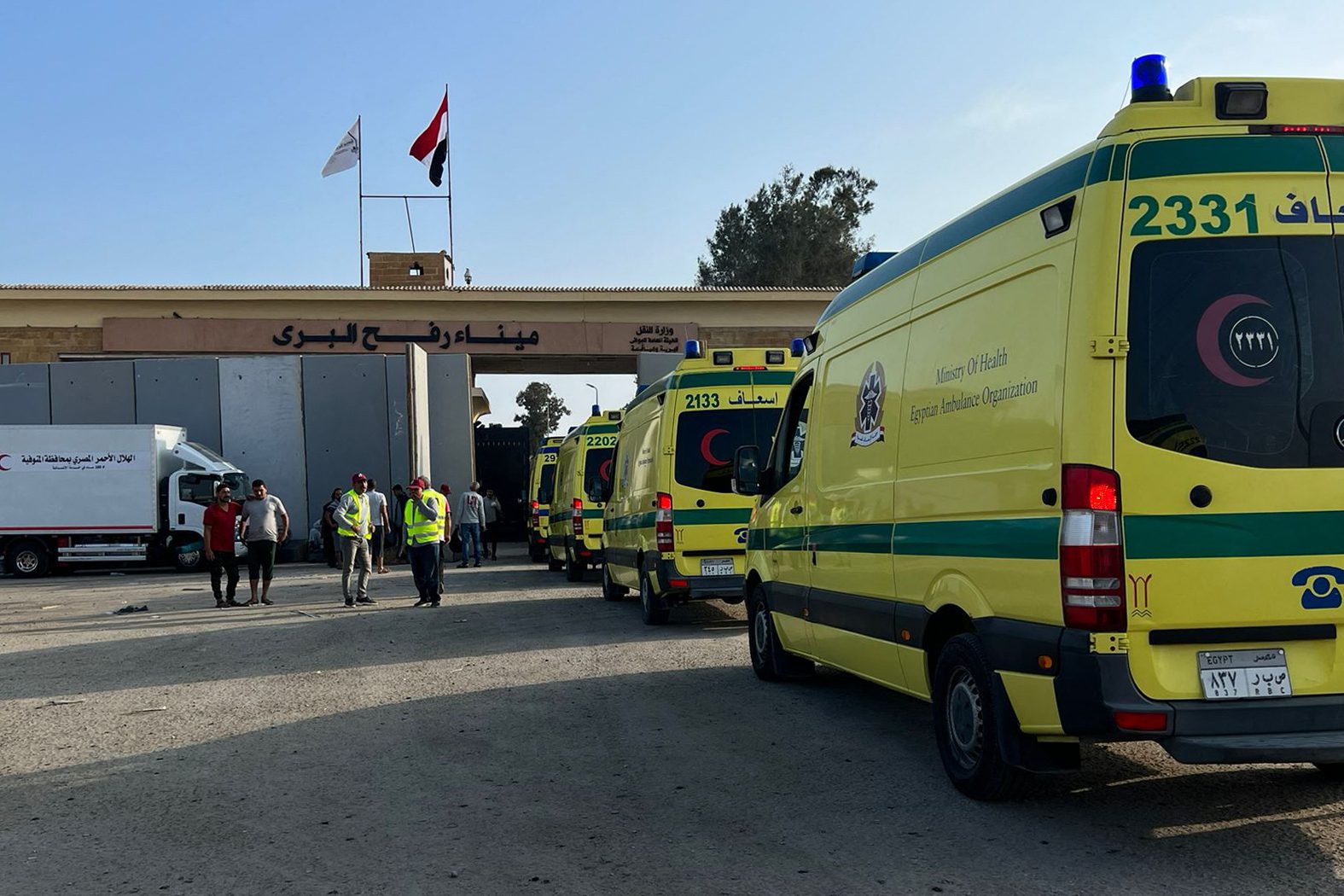
Adel Abdel Ghafar, Hana Elshehaby
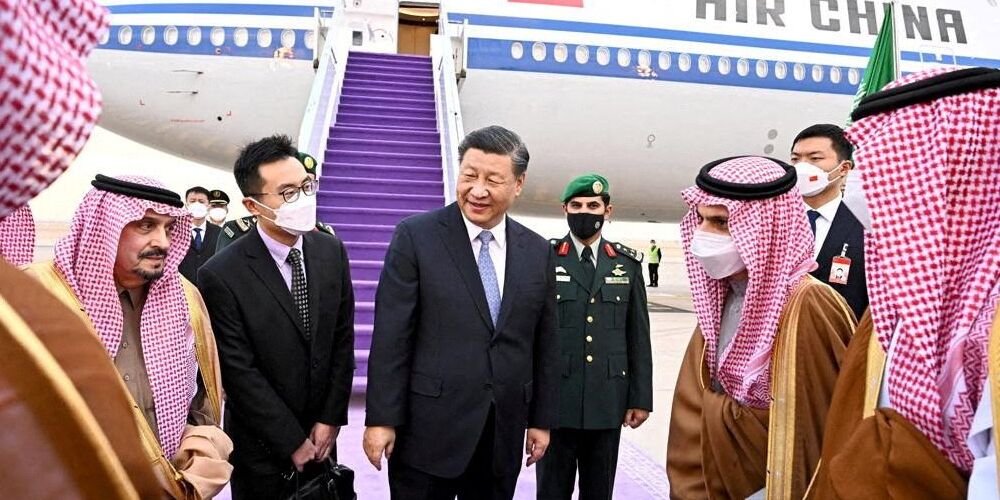
Adel Abdel Ghafar, Hana Elshehaby

Yahia H. Zoubir, Hana Elshehaby
Publications
view more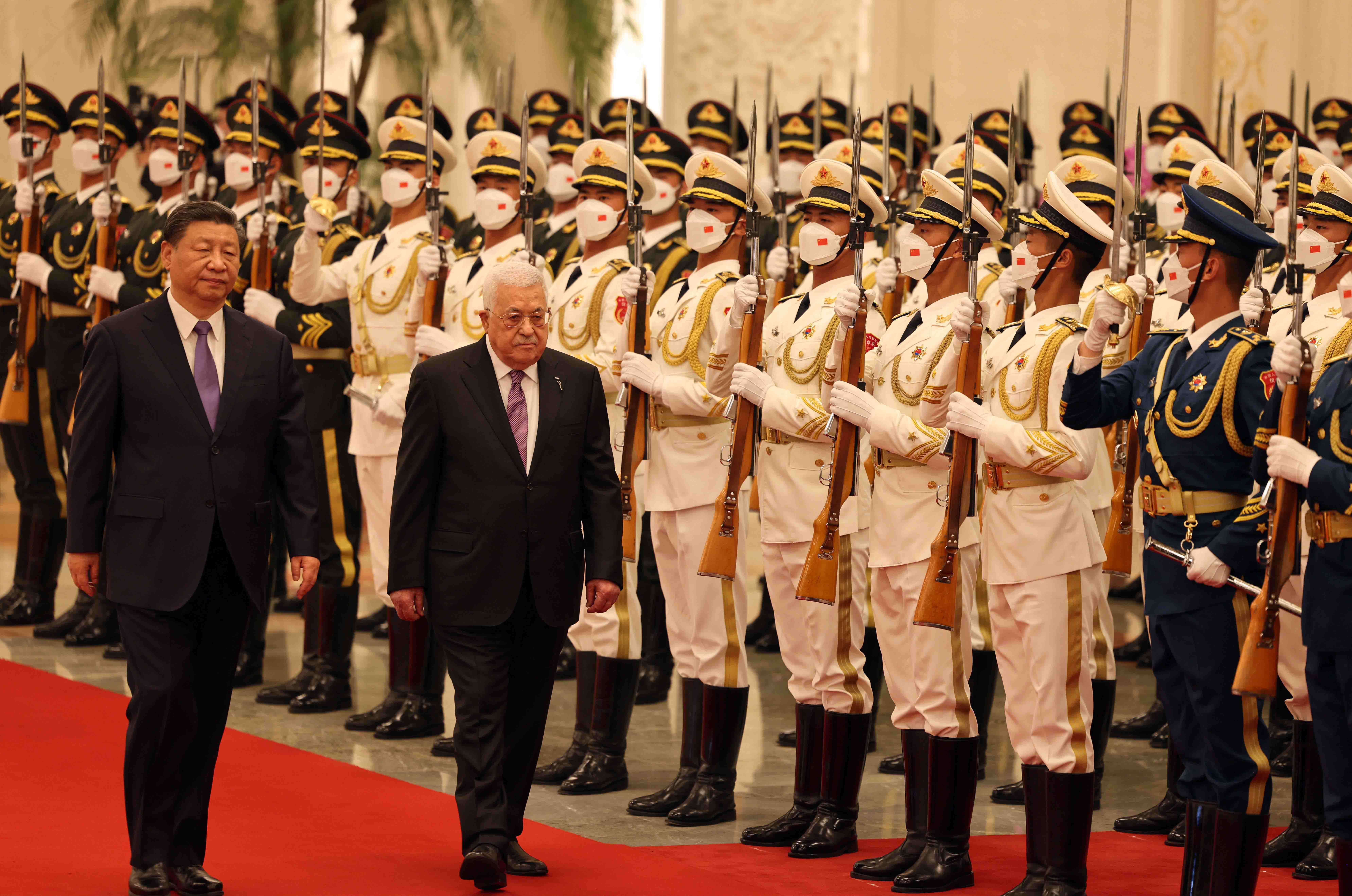
Since October 7, 2023, China has responded to the unfolding crisis in the Middle East by supporting multilateral efforts to bring an immediate end to the violence in Gaza and contain a wider regional conflagration.
learn more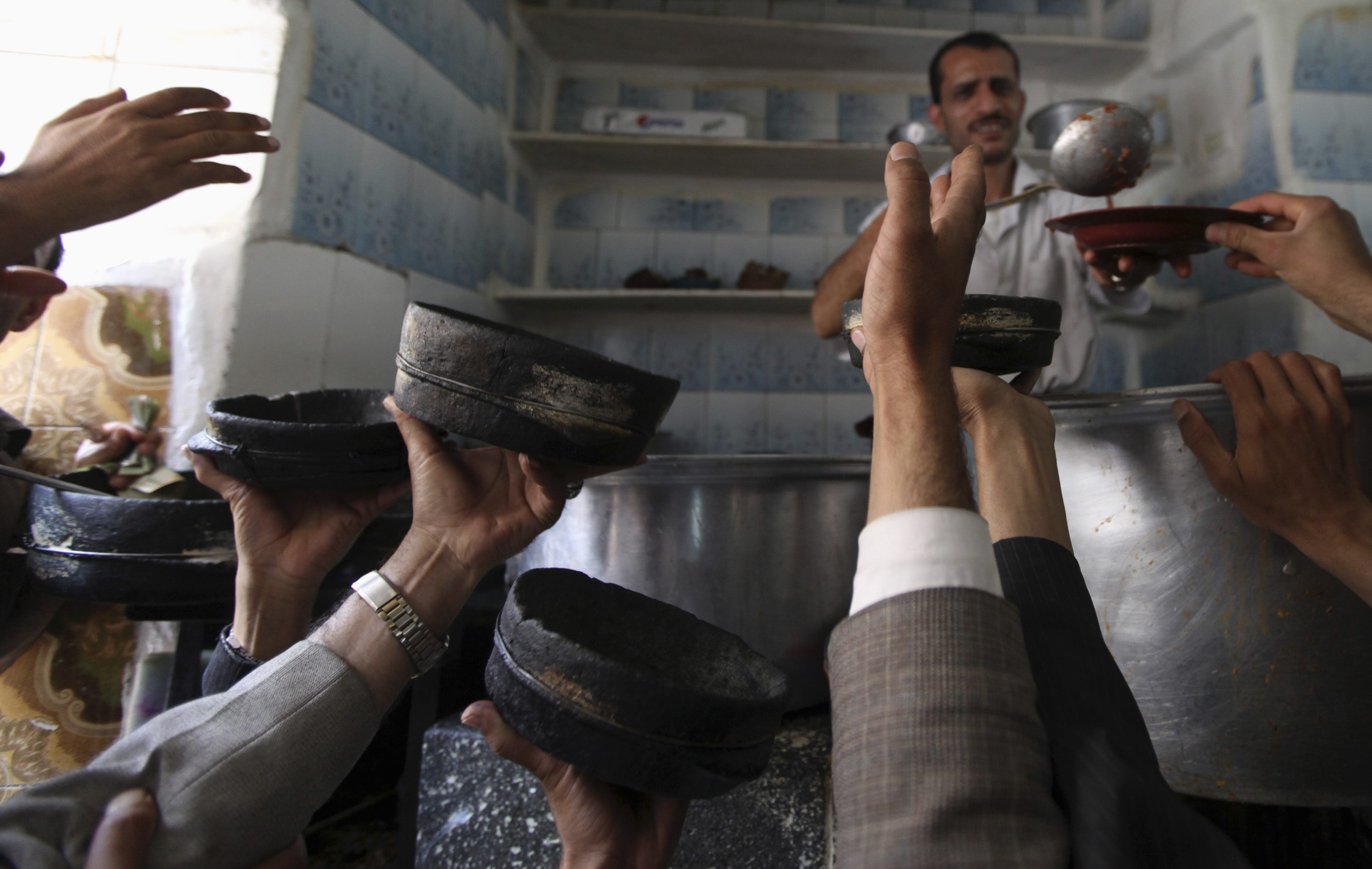
Discover the Causes of Food Insecurity in the Middle East and North Africa, along with Solutions to Achieve Food Security and Increase Agricultural Production.
learn more